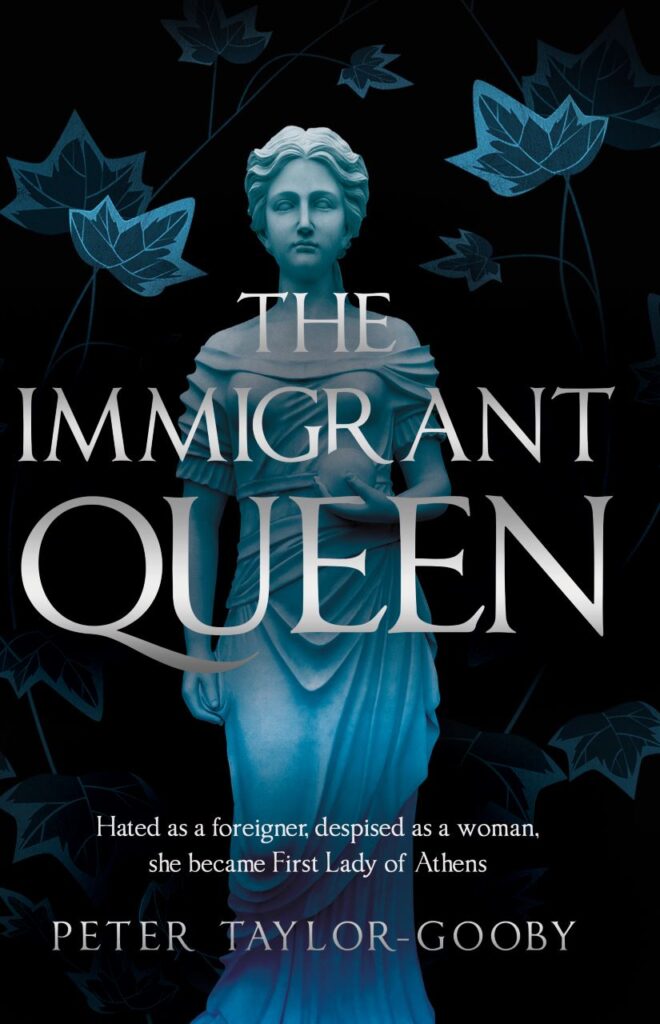Shadows Over Paradise
Ghostwritten is about Jenni, a ghostwriter who prefers to work for “real” people with stories to tell, rather than celebrities who want publicity. So she offers to help Klara to write an account of her harrowing experience during the Second World War to give to her children and grandchildren, who know very little about it.
There is also a contemporary novel here, too. The love between Jenni and Rick, her partner, is faltering because he wants to start a family, to which she is firmly opposed (the explanation may be alluded to in the enigmatic prologue. The more Jenni learns about Klara’s past, the more the similarities between them emerge).
The author’s previous novels have all been contemporary. Ghostwritten is both different and much darker. Klara, the daughter of a Dutch rubber planter, had an idyllic childhood in Java until it was occupied by the Japanese. Her father was taken prisoner and then, she, her mother and her younger brother were interned in a series of hideous internment camps where they faced daily torture, starvation and personal tragedy.
Wolff’s research is impeccable. However, as is often the case, she falls into the trap of promoting accurate facts and extensive research over emotional involvement and characterisation. The fact that Jenni is a brilliant and empathetic “ghost” but totally incapable of that in her own life makes it difficult to warm to her. And the fact that her life story, although sad, is nothing like as appalling as Klara’s weakens the novel. Klara is a much more complex and interesting character. To me, Ghostwritten would have worked far better without the contemporary timeline, which is somewhat contrived and far too coincidental to be believable. However, Wolff’s many fans will not be disappointed.






